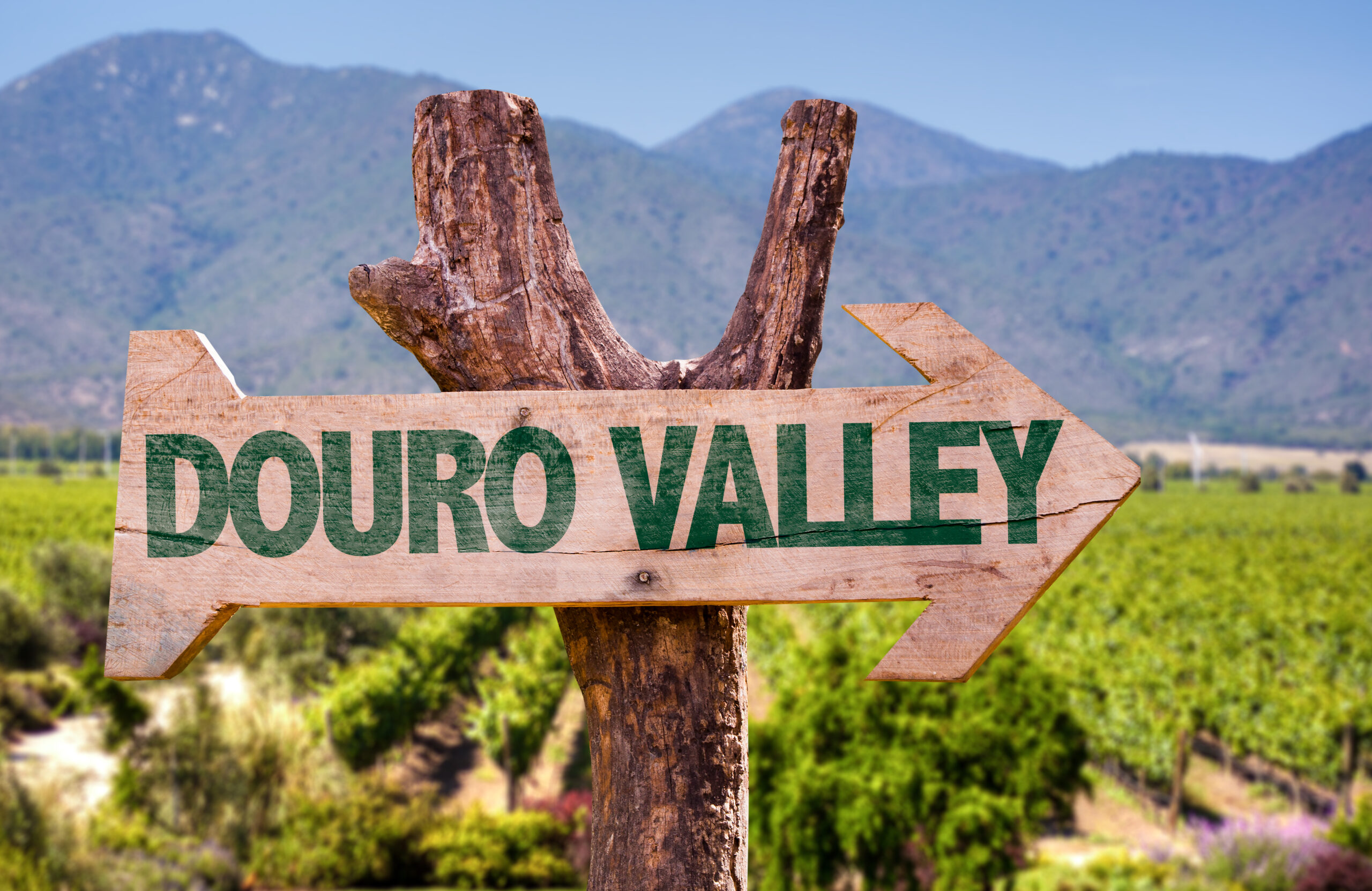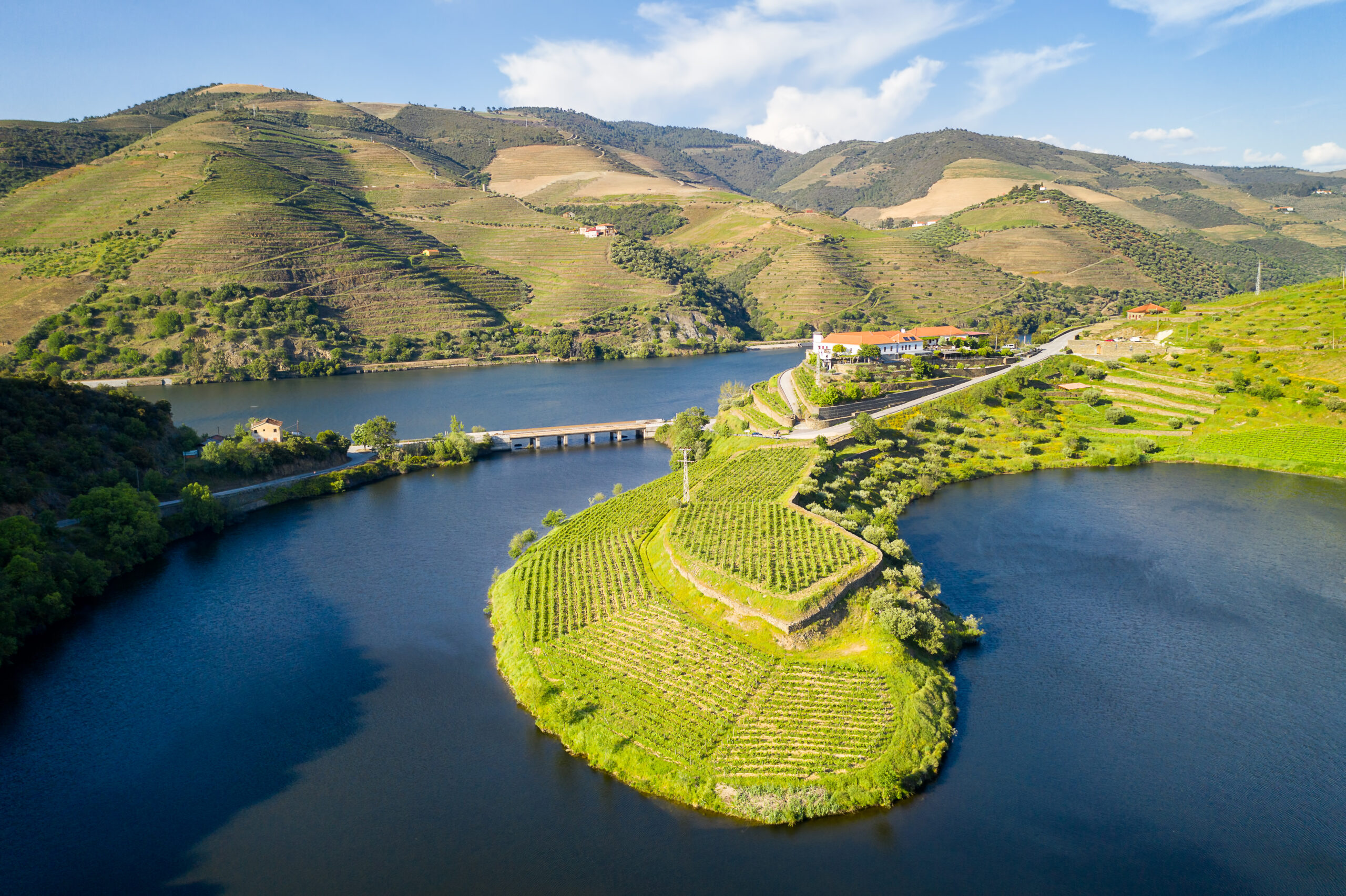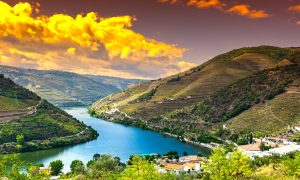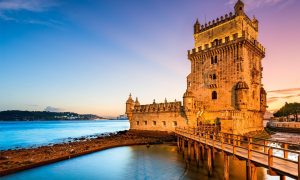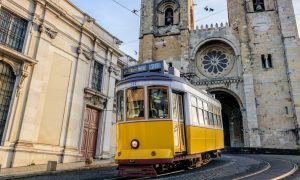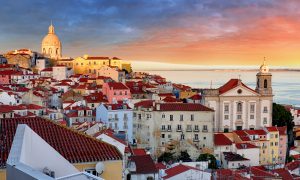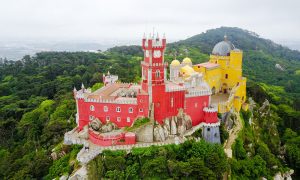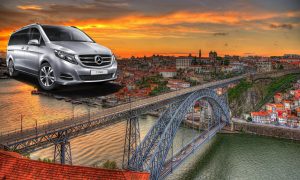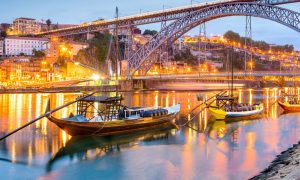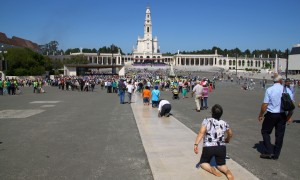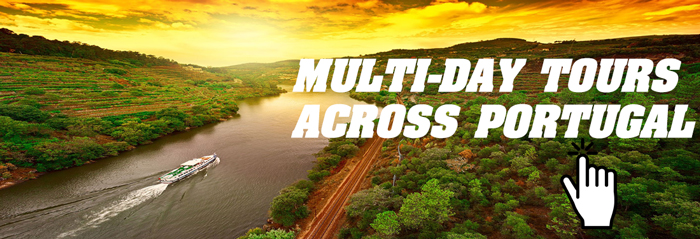Portugal, a country where the Atlantic breeze meets golden plains and rugged mountains, holds a rich tapestry of history and culture. With its roots deeply embedded in the soils of time, Portugal has blossomed from a quiet medieval powerhouse into a vibrant player on the global cultural stage. In this journey from its ancient roots to a blossoming renaissance, Portugal continues to celebrate its past while embracing the innovation and diversity of the modern world. Let’s embark on a delightful exploration of Portugal’s historical depth and its colorful cultural renaissance.
A Stroll Through Time: Portugal’s Deep Roots
Portugal’s story begins in the whispers of antiquity, with traces of Phoenician traders and Celtic tribes mingling with the land’s native Iberian population. The Roman conquest introduced roads, towns, and the Latin language, which would evolve into Portuguese. These ancient connections formed the bedrock of the nation’s identity, a blend of resilience and openness to foreign influences that characterize its spirit even today. As centuries passed, Portugal emerged as a kingdom in 1139 under King Afonso Henriques, setting the stage for its future as a maritime titan.
The Age of Discovery in the 15th and 16th centuries marked a golden era for Portugal, as intrepid navigators charted unknown waters, linking continents together and bringing unprecedented wealth and knowledge back to Europe. This period saw Portugal establish the first global empire, an achievement that influenced many aspects of Portuguese life, from cuisine to architecture. The integration of exotic spices and innovative culinary techniques gave rise to a gastronomic legacy that still thrills palates around the world.
Amidst the Reconquista and the consolidation of its borders, Portugal crafted a unique cultural identity, reflected in its folklore, music, and dance. The soulful Fado, a form of melancholic singing that captures narratives of love, loss, and redemption, originated during this period. As the echoes of Fado resounded through the narrow, cobbled streets of Lisbon and Porto, they carried with them the emotional depth and historical resilience of the Portuguese people, weaving a rich social fabric that laid the groundwork for the cultural renaissance to come.
The Colorful Canvas of Portugal’s Renaissance
The Portuguese Renaissance, a vibrant rebirth of arts and letters, was fueled by the wealth of the Age of Discovery. It drew inspiration not only from classical Greco-Roman ideals but also from the new worlds that Portuguese explorers encountered. This era saw the rise of literature, with figures like Luís de Camões penning epic poems that remain quintessential to Portuguese literary heritage. His “Os Lusíadas,” for instance, is a cornerstone that celebrates the voyages of discovery with both grandeur and introspection.
Visual arts flourished, with the intricate Manueline architectural style emerging, mirroring the maritime adventures in its complex motifs of ropes, ships, and exotic elements drawn from the seas. This style is epitomized in the Jerónimos Monastery in Lisbon, a UNESCO World Heritage site, which stands as a testament to Portugal’s golden age of exploration and artistic expression. The monastery’s sprawling cloisters and ornate details capture the nation’s spirit of adventure and its connection to the broader world.
The renaissance period also nurtured a burgeoning sense of national identity and pride. Festivals and public celebrations became more elaborate, often featuring pageants and parades that showcased the richness of Portuguese history and the achievements of its people. These festivities not only reinforced communal bonds but also ignited a collective joy and pride in Portugal’s cultural achievements and historical contributions, setting the stage for the continued evolution of its vibrant society.
From the resilient roots of its early days to the exuberant burst of its cultural renaissance, Portugal stands as a beacon of historical depth and artistic brilliance. The journey through the corridors of time unveils a nation proud of its heritage yet ever eager to weave new threads into its cultural tapestry. As Portugal continues to embrace its past and look towards its future, it remains a delightful celebration of life, history, and art, inviting the world to share in its joyful journey.


